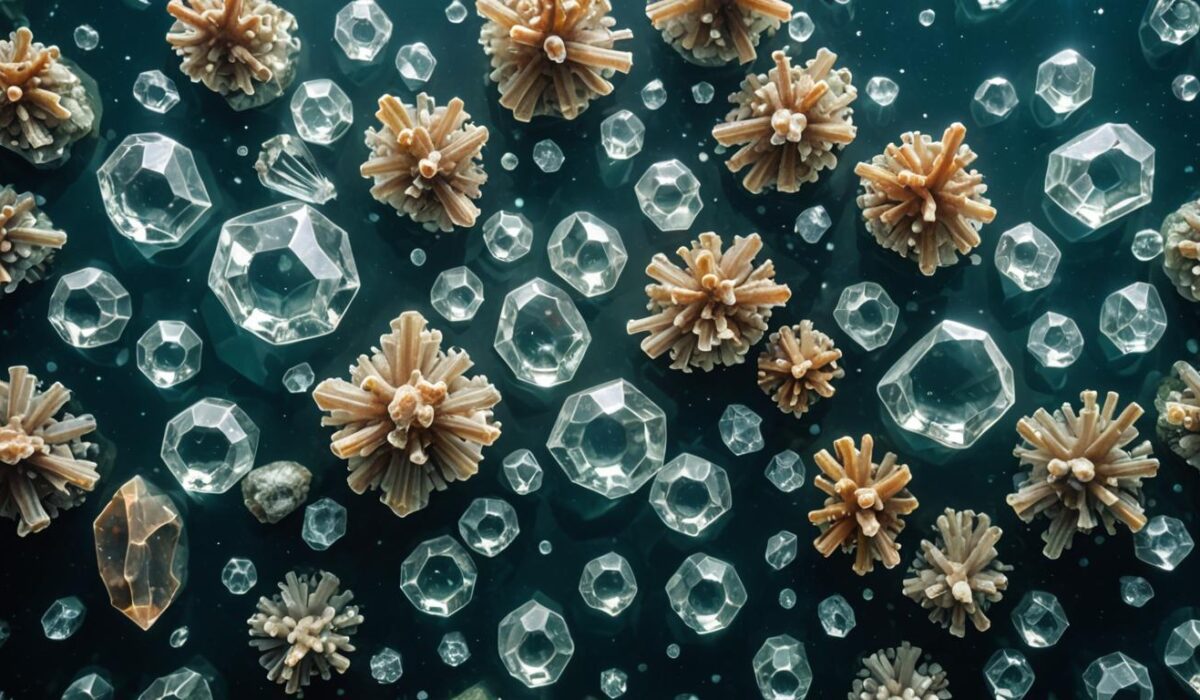Do remineralizing filters really work? The short answer is no.
Many water treatment companies suggest that because reverse osmosis systems remove the minerals from water that you should add a remineralizing filter afterwards for the purpose of restoring minerals to your water. I’ve tested these filters and while the pH rose dramatically due to carbonates in the filter there were no minerals added.
A number of companies use coral calcium as the remineralizing filter and it is true that coral calcium contains some 70 trace minerals. The problem is that the water passing through a filter system is not in contact with the coral calcium long enough to dissolve it. The water picks up carbonate and as a result the pH increases but essentially no minerals are added. You might see trace amounts of calcium and magnesium.
So, what should you do about the lack of minerals in your reverse osmosis water?
Don’t worry about it.
I’ve now done substantial testing of water and minerals and concluded that while it would be nice to have minerals in your water, it’s far more important to remove the contaminants. You can read a referenced article on that topic here: Minerals in Water.
The other thing to keep in mind is that minerals in water vary widely and have nothing to do with the level of minerals your body would thrive with. Just like remineralizing filters or mineral supplements have more to do with what’s in coral or what’s in seawater than what your body needs.
Do remineralizing filters really work? No, however it is true that minerals are important. In particular many people are deficient in magnesium. I supplement magnesium daily. Calcium is important but obtainable through food. We often consume too much sodium. Once again I reiterate that the water filter you need depends on what’s in your water in the first place. If you call me, we’ll look at your water report and I’ll make a recommendation on what type of treatment system to use.

